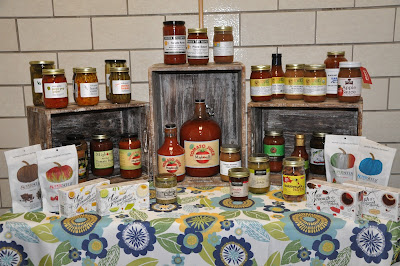Some agricultural produce are sold as is, without having to undergo further processes, whether natural or otherwise. Examples of these are fruits and vegetables that are up for sale after they have been harvested. By themselves, they already have value. But if they are changed or transformed from their original state, they become value-added products.
 |
There are many reasons for value-added products, and one of them, and probably the most essential, is that there is a demand for them.
For example, consumers need flour. Thus, producers refine wheat to create them. Fruits that are made into jams are also considered value-added products. Grains that are modified into biomass for energy purposes are also an example. When biotechnology is introduced to the processes of preparing agricultural goods, the finished product is considered a value-added one.
Even the consumers’ increasing preference for healthier alternatives has led to many organic farming business models, whose products have also been defined by the U.S. Department of Agriculture as value-added. Although, this is still an on-going debate as some point out that even though organic products have more value, they are technically not “added,” and they are inherent to the processes of organic farming.
There are various approaches to adding value to farm products, but they generally fall into two categories, namely, innovation, which emphasizes the improvement of existing processes, products, and services, and coordination, which focuses on the arrangement between the entities that create the farm products and that market them.
 |

